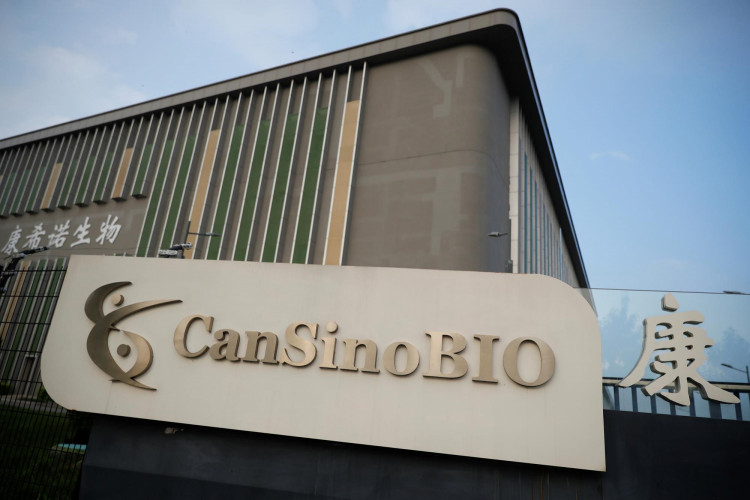China will eventually provide its homegrown COVID-19 vaccines free-of- charge, but in the meantime plans to make their prices affordable for the masses.
The price for the first local vaccine granted conditional market approval, the inactivated vaccine developed by Beijing Biological Products Institute, will be significantly lowered to make the vaccine more affordable, said Zheng Zhongwei, director of the Development Center for Medical Science & Technology of the National Health Commission (NHC).
The vaccine was developed by Sinopharm subsidiary, China National Biotec Group (CNBG). It received official authorization from the NHC on Wednesday.
NHC vice minister Zeng Yixin, however, said the vaccine price will ultimately depend on the vaccine's widespread use. He pointed out that, as a public product, the vaccine will eventually be administered free of charge.
There are currently five Chinese vaccines in phase 3 clinical trials: CNBG's inactivated vaccine; Ad5-nCoV from CanSino Biologics; the CoronaVac vaccine from Sinovac Research and Development Co., Ltd. and an inactivated vaccine from the Wuhan Institute of Biological Products.
There are, however, strong concerns in the global medical community about the safety and efficacy of the Chinese vaccines. The NHC, however, said the data on safety and efficacy collected so far in the Phase 3 clinical trials of the CNBG vaccine is better than expected.
Several provinces are administering free inoculations to key and high-risk groups such as front line workers and the elderly. Among these provinces are Guangdong, Zhejiang, and Shandong. Reports say inoculations in some places such as Wuhan, the city where the COVID-19 pandemic began, costs $35.83 (RMB234) a shot.
The conditional approval announcement for the CNBG vaccine came a day after the National Medical Products Administration said the vaccine showed 79.3% efficacy and a 99.5% antibody positive conversion rate based on interim results from the Phase 3 clinical trials.
The results are better than the 50% standard set by the World Health Organization (WHO) and Chinese authorities, but are far below the more than 90% efficacy shown by the mRNA vaccines developed by Pfizer/BioNtech and Moderna, Inc. The vaccine also showed a good safety level, its producers noted.
Sinopharm said the interim results are mostly based on data from trials conducted in the United Arab Emirates, the vaccine's largest test base. It said NHC uses very rigorous standards, which it claims are even tougher than international criteria, in reviewing the number of confirmed infected cases in the double-blind placebo-controlled trials to gauge the efficacy of the vaccine.
Since July, China has vaccinated more than a million Chinese unofficially with three vaccines under emergency use authorization despite the vaccines' safety and efficacy not being confirmed by Phase 3 clinical trials.
Zeng said the upcoming vaccinations are the first step in China's COVID-19 vaccination plan. Vaccination programs for senior citizens, people with underlying diseases, and the general public will be carried out in late 2021 after China's COVID-19 vaccines enter the market and after production ramps-up.
Despite the absence of phase 3 trial data, NHC said the emergency use of the three COVID-19 vaccines showed no severe adverse effects on those inoculated.
In late November, China said it had vaccinated close to a million of its citizens since July with these three vaccine candidates, the largest number anywhere in the world.





